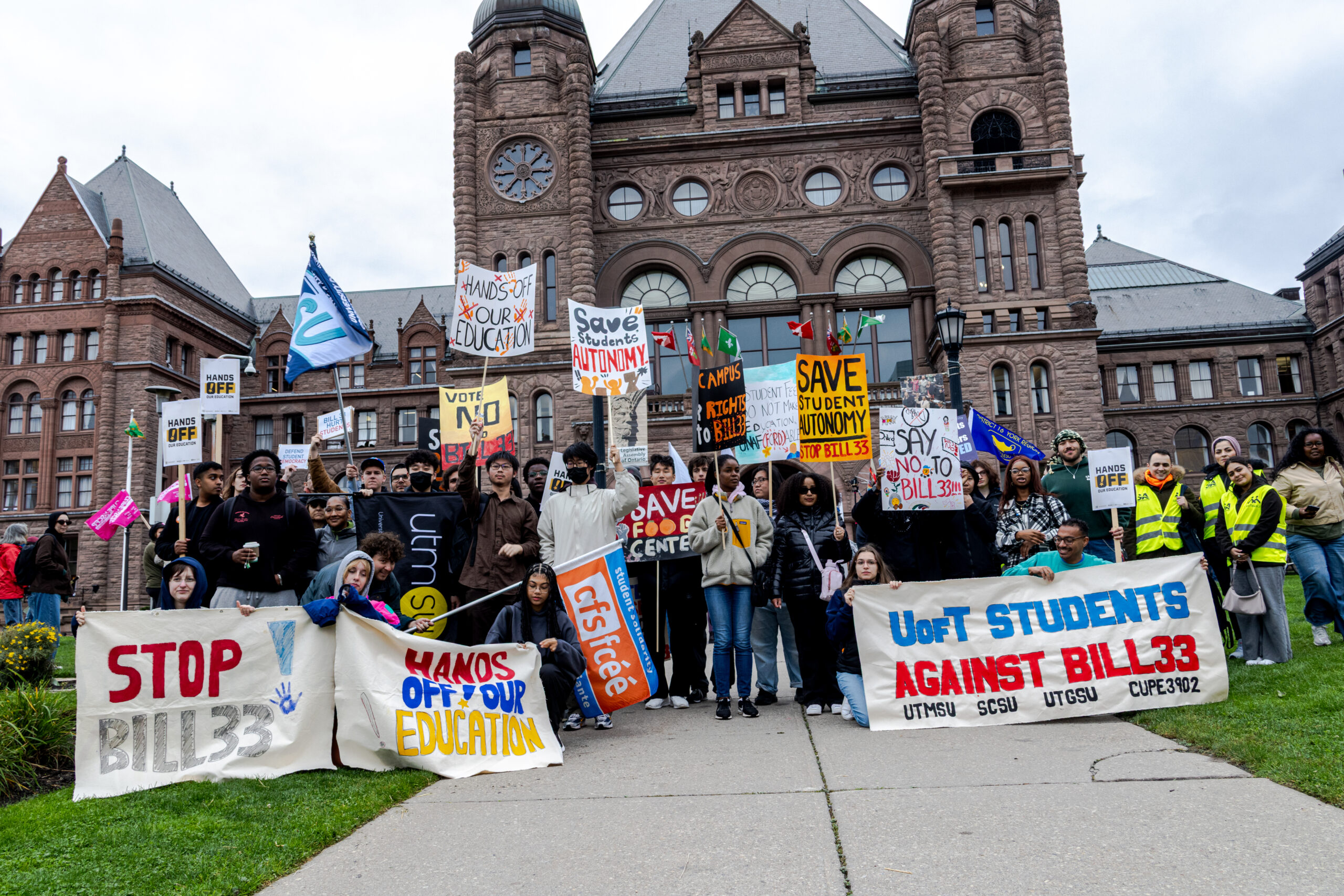Check ups and cleanings some of the first dental treatments for refugee clients
Since October, Syrian refugees have been getting free and more affordable dental care at George Brown College’s Wave dental clinic.
The cleanings and check ups, which are administered by students of the college’s school of dental health, are the first dental treatments that some of the refugees have had other than extractions.
“I have learned first hand just how much of an impact you can make on somebody,” said Rosa Zreik, who is the only student at the clinic who speaks Arabic. Zreik, who is in her final year of the dental hygiene program, said that most the Syrian refugee clients she has seen have mild to severe periodonitis, an infection of the gums that, if untreated, can cause teeth to fall out and a higher risk of heart attacks and strokes.
For Zreik, who said she went into the dental program to help people improve their smiles, helping refugees develop stronger dental care skills creates a sense of pride.
“When I see them so happy, it’s almost like you helped build their confidence and you instill them with the ability to do it on their own; It’s a good feeling.”
Wissam Ali Mouhamad, a Syrian refugee who has been treated by Zreik six times, said that without the reduced fees at the Wave clinic, it would be challenge to afford dental care.
“My husband is looking for work, so paying for children (and) rent, it would be a lot if I had to pay out of pocket (for dental care),” said Mouhamad, as translated by Zreik.
The Wave dental clinic, which is located at George Brown’s Waterfront campus, aims to provides dental hygiene, denture, and other services at lower than average rates for its clients. The clinic has been offering Syrian refugees free cleanings and check ups, as well as lower than normal rates for dentures.
Normally getting dentures at the clinic would cost between $600 to $700. Syrian refugee clients can get this treatment for between $300 to $400.
“We are always trying to implement programs and to help people in the community because our (external) clients are from the community,” said Maria Quian, manager of Wave clinics. “So the same as we have a program to help veterans, we thought that this could apply also to other groups like Syrian refugees.”
Quian explained that the effort to provide dental care for Syrian refugees is still in its early stages, so there are no “success stories” yet.
There are currently 10 Syrian refugees registered with the Wave dental clinic.
The United Nation’s (UN) Office of the Coordination of Humanitarian Affairs found that there are approximately 12.8 million people in need of health assistance in Syria, while health care facilities in the country continued to endure attacks in 2016.
According the Canadian government, as of Jan. 29, there had been 40,081 Syrian refugees relocated to Canada since November of 2015.
Before arriving in Canada, Mouhamad, her husband and four children lived for four years in Lebanon after escaping the war in Syria. Having been in Canada now for around a year, Mouhamad said that she and her family actually prefer Canada to Syria.
“I like it here better,” Mouhamad said. “People here are very friendly, and I feel like this is my home.”


